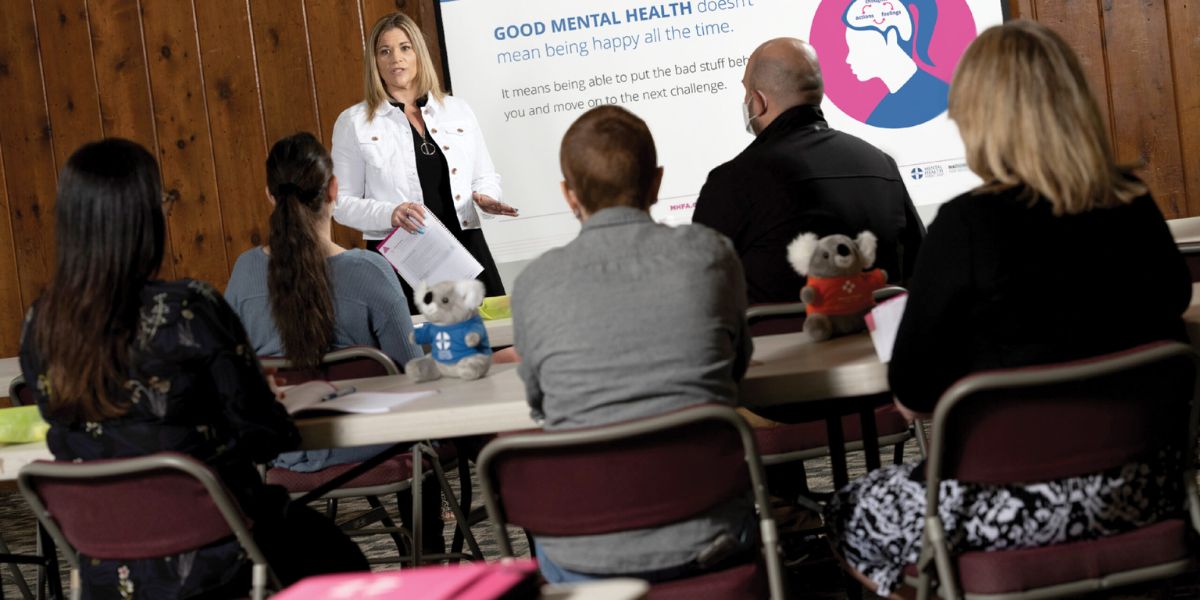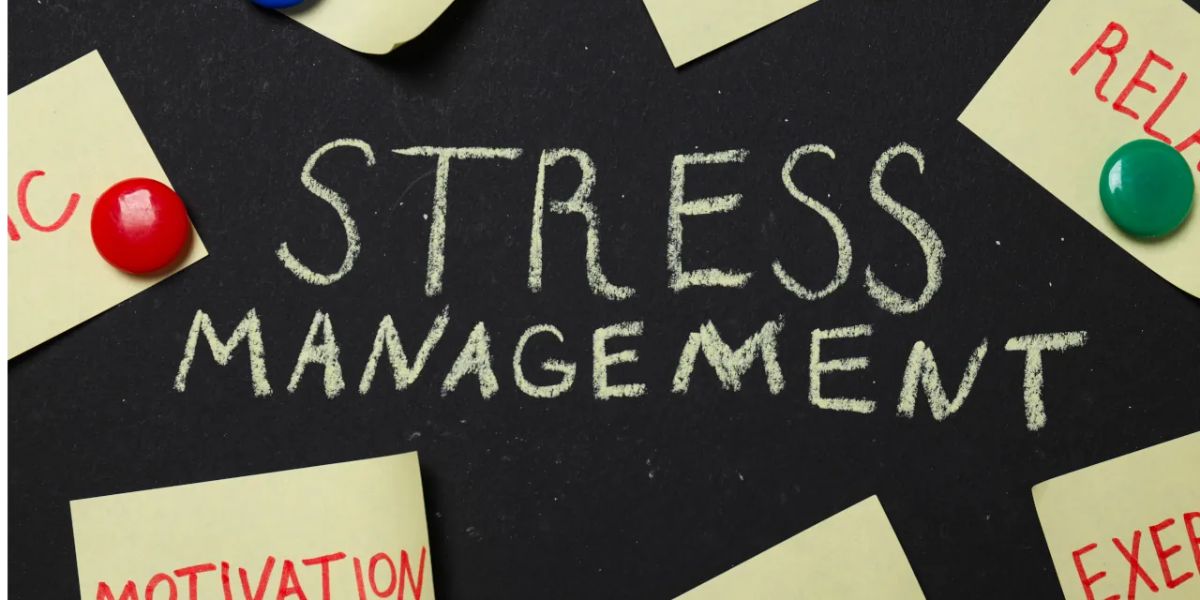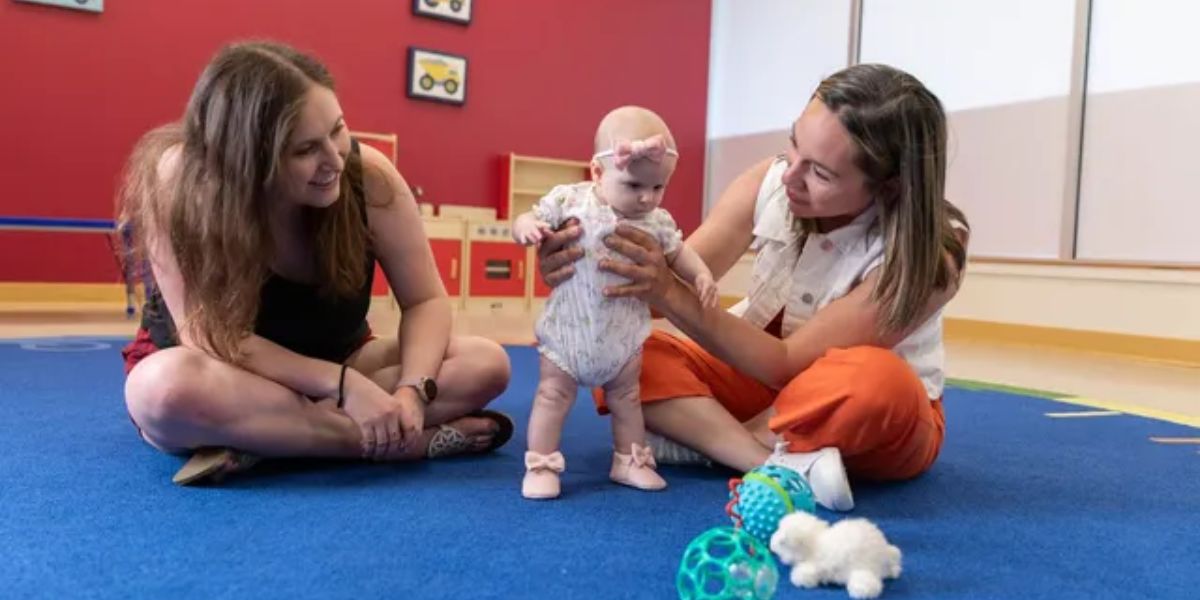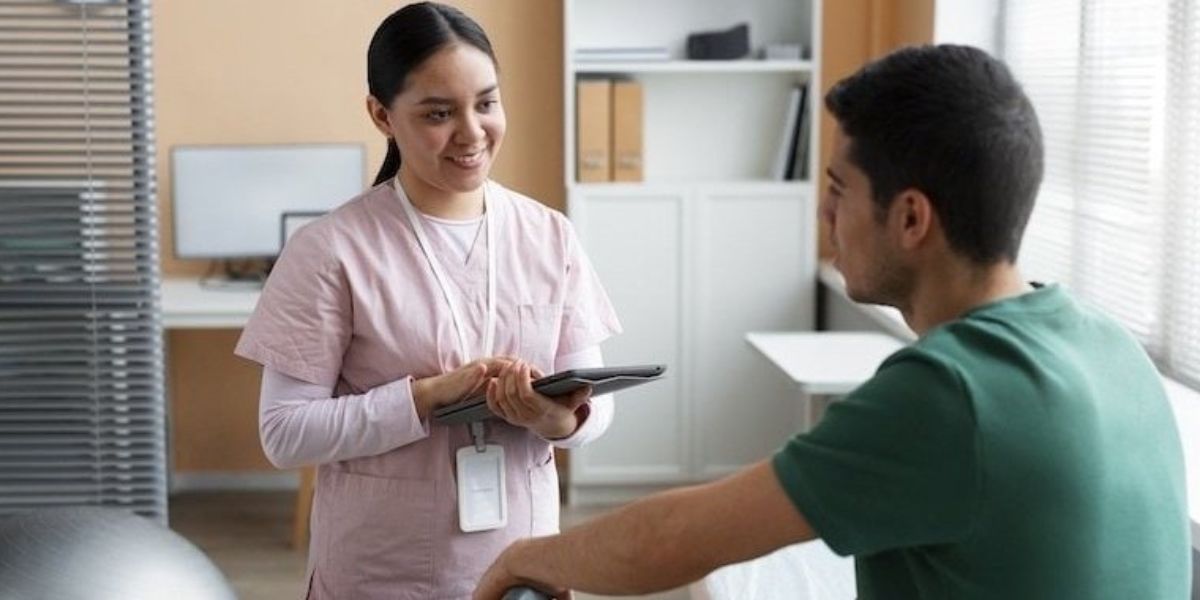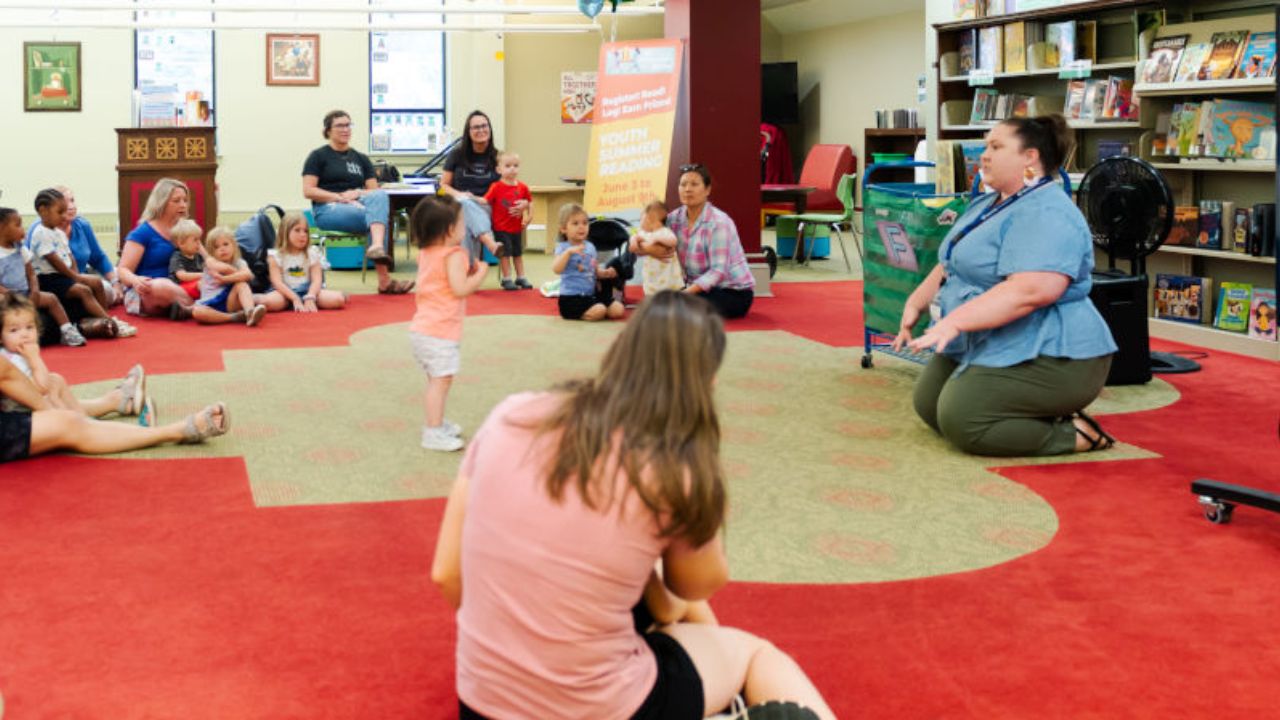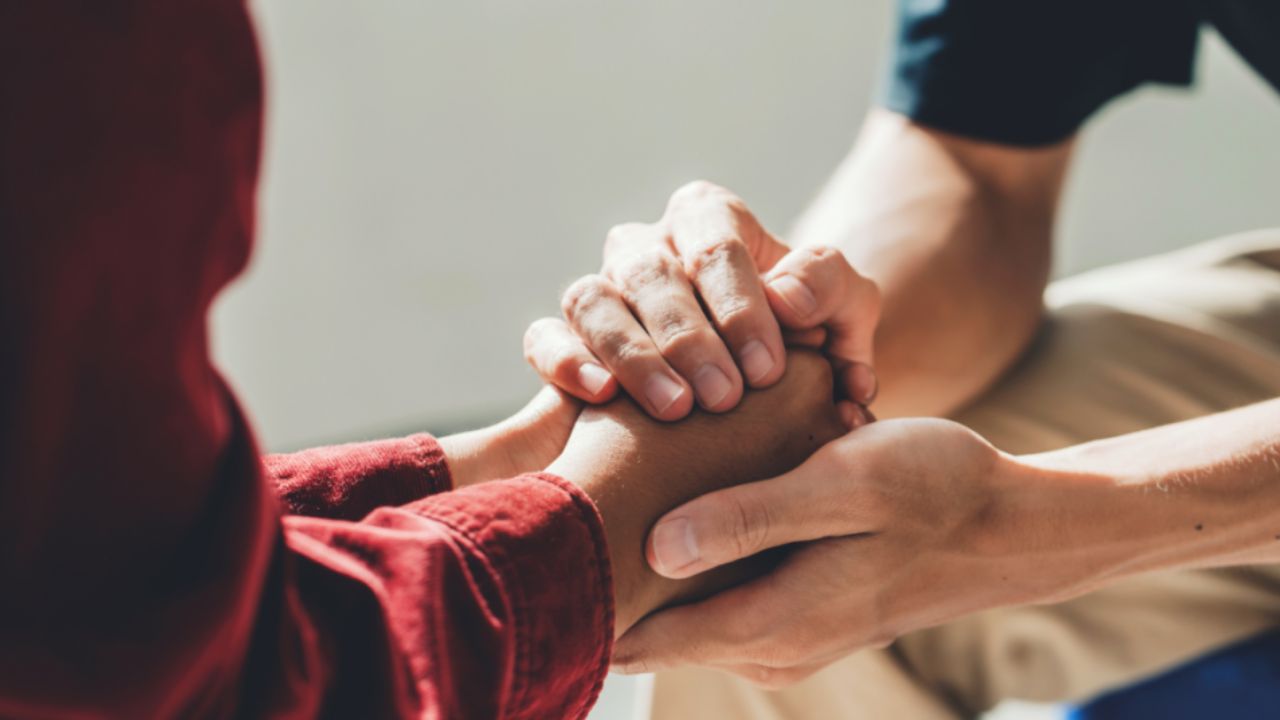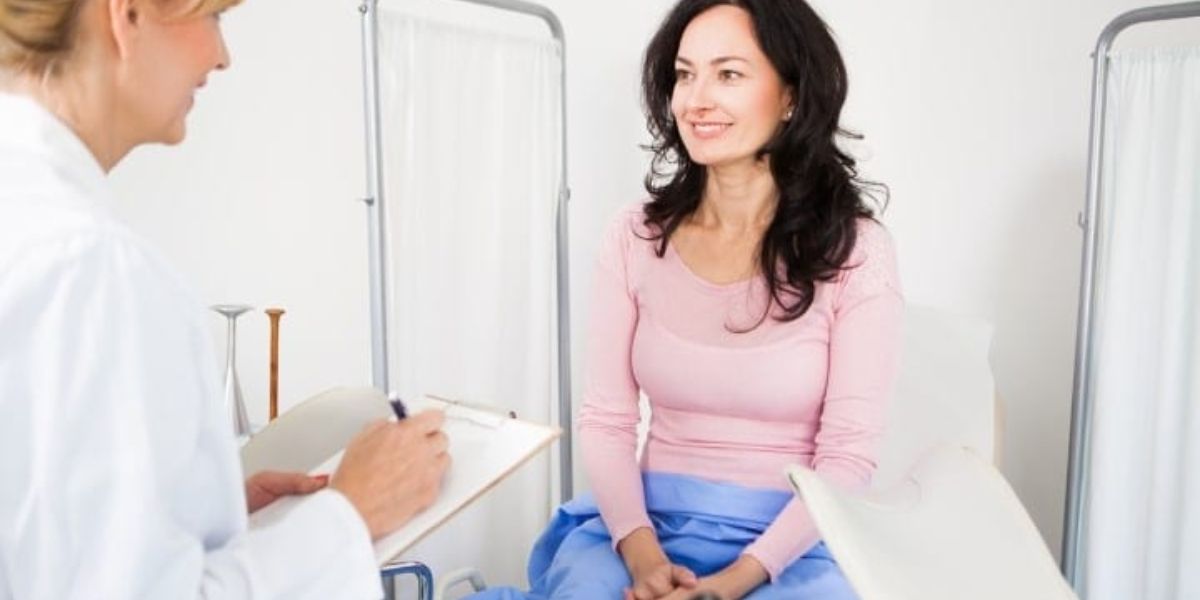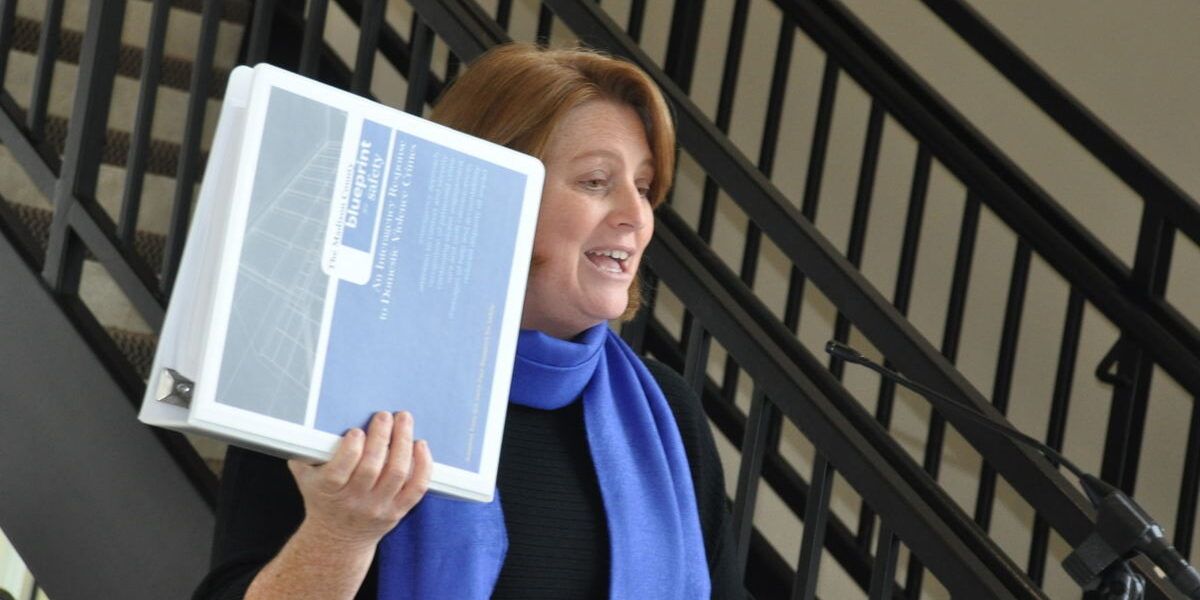Madison County, IN – The conversation around youth mental health has become more urgent than ever, especially as families, educators, and healthcare providers witness the rising emotional and behavioral challenges among young people. In Madison County, a growing network of community programs, school-based services, and behavioral health professionals are stepping up to make sure every young person has access to the support they need.
Understanding the Growing Need for Youth Behavioral Health
Across the country, youth mental health has become a top concern, and Madison County is no exception. Many local students face the combined pressures of academic stress, family instability, and social isolation—factors that can lead to anxiety, depression, or substance use.
Table of Contents
The Madison County Health Department has reported increased requests for behavioral health services in schools and clinics. According to local professionals, the COVID-19 pandemic amplified these challenges, leading to more discussions about early intervention and prevention.
Behavioral health experts like Maya Collins, a licensed clinical social worker in Madison County, stress the importance of reaching young people early. She explains that trauma, grief, or family disruptions can shape how youth manage emotions and relationships later in life. Early screening and consistent support, she notes, can prevent minor issues from becoming long-term struggles.
School-Based Programs Making a Difference
Madison County’s schools are playing a critical role in connecting students with mental health resources. Many districts now partner with local behavioral health organizations to provide on-site counseling, peer support groups, and crisis intervention programs.
For example, Anderson Community Schools collaborates with mental health agencies to ensure that students have confidential access to counseling services during school hours. Teachers and staff also receive training to recognize warning signs and refer students to appropriate professionals.
These initiatives have not only improved attendance and academic performance but have also created safer, more supportive school environments. As one counselor put it, “When students feel emotionally safe, they can focus on learning and growing.”
Community-Based Youth Behavioral Health Services
Outside of schools, several community agencies across Madison County offer behavioral health programs for children and teens. These include outpatient counseling, family therapy, and skill-building workshops.
Organizations such as Aspire Indiana Health and Meridian Health Services provide youth-focused care that combines therapy, family involvement, and medication management when necessary. Many of these services are offered on a sliding fee scale, making them accessible to families from all income levels.
Another growing trend is the integration of primary care and behavioral health services. Clinics led by professionals like Daniel Harris, a family nurse practitioner, are embedding behavioral health screenings into routine check-ups. This “whole-person” approach ensures that mental and physical health are treated together, reducing the stigma often associated with seeking therapy.
Family and Peer Support Networks
In addition to professional care, family programs and peer support groups are vital components of youth behavioral health in Madison County. Family-based interventions teach parents and caregivers how to communicate more effectively, set healthy boundaries, and support children dealing with behavioral or emotional challenges.
Peer-led programs—especially those operating in schools and community centers—help teens connect with others who understand their struggles. These networks promote a sense of belonging and resilience, often preventing crises before they escalate.
Families can also find guidance through county family resource centers and nonprofit organizations that provide parenting workshops, mentorship programs, and group sessions designed to strengthen family dynamics.
Reducing Stigma and Expanding Access
Despite growing awareness, stigma around mental health care still prevents some families from seeking help. Madison County behavioral health leaders are working to change that through community education campaigns and outreach events.
Local clinics regularly host mental health awareness drives, school assemblies, and public talks that encourage open conversations about stress, anxiety, and recovery. By normalizing these discussions, Madison County hopes to create a culture where asking for help is seen as a strength, not a weakness.
Accessibility remains another challenge. Rural parts of the county face transportation barriers, and some families struggle to find consistent care. Expanding telehealth options has helped bridge this gap, allowing more youth to receive counseling remotely without missing school or work hours.
Looking Ahead: Building a Healthier Future for Madison County’s Youth
Madison County’s commitment to youth behavioral health continues to grow through partnerships between schools, clinics, and community organizations. The focus is shifting toward prevention, early intervention, and integration, ensuring that young people receive support before crises develop.
Professionals like Maya Collins and Daniel Harris continue to advocate for a collaborative approach—one that combines education, health care, and family engagement. With community support, Madison County can ensure its youth grow into emotionally healthy, resilient adults who are ready to thrive.
Call to Action
If you’re a parent, educator, or community member in Madison County, consider exploring local behavioral health programs or volunteering to support youth services. Together, we can build a stronger foundation for the next generation. Visit mcchc.org to learn more about behavioral health resources available in your community.

